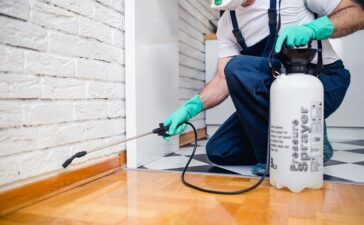The purpose of aircraft hull insurance is to safeguard you (the Insured) against the actual loss or destruction of your aircraft, including its engines and other fitted components. When physical loss or damage to your aircraft results from the risks covered, insurers agree to pay for, replace, or repair it at their discretion, up to an agreed-upon amount and subject to any deductibles (an amount of money you will contribute to any claim). If your aircraft needs to be repaired, your insurer has the choice of paying for the repairs themselves, paying you a payment, or paying for the repairs to be done on your own or to your specifications.
The risks covered relate to the flight of an aircraft while it is in flight, taking off, landing or taxiing. If the aircraft disappears after takeoff but before it has been reported, the insurance will also cover that due to aircraft hull insurance on an “agreed value” basis, which is a sum decided upon by you and the insurers at the time your policy begins, your aircraft will be covered by insurers. Typically, this means that regardless of your aircraft’s market value on the date of the loss, you will receive this sum in the event of a total loss or a constructive total loss of your aircraft. The type, make, and model of your aircraft, as well as its year of manufacture, serial number, and/or registration marks, must be disclosed to insurers. There will be a deductible applied to the agreed value that you have provided.

Engines and other parts that are typically installed as part of your aircraft will typically be covered under the insurance coverage for Aircraft Hull Insurance. Engines, spare parts, and other equipment that are intended to be installed on or otherwise comprise a part of your aircraft and are either your property, under your care, custody, or control, or for which you are otherwise responsible, may be covered under your aircraft spares insurance policy. The tools used by engineers or mechanics in the servicing, maintaining, or repairing of aircraft can also be included in this.

Insurance companies will impose a maximum amount insured for any one occurrence as well as a deductible, which is the sum of money you will pay toward any claims. If the insurers agree, salvage fees that you incurred for the recovery of your spare parts will be covered. In most cases, you must pay these fees in addition to any other claims you may have under your insurance policy.
In addition to other exclusions, your insurance coverage will not cover loss or damage that occurs after the operation of fitting the property or loading it onto the aircraft for which it is intended. Additionally, the loss or damage of any property attached to or making up a component of an aircraft, as well as any property that has been removed from an aircraft and is intended to be refitted and not replaced by other property, will not be covered by your policy. It’s important to note that your Policy does not cover damage from normal wear and tear, deterioration, depreciation, breakdown, defects, or failure. You must maintain accurate records of the Spares covered by the insurance policy, along with their corresponding values.





